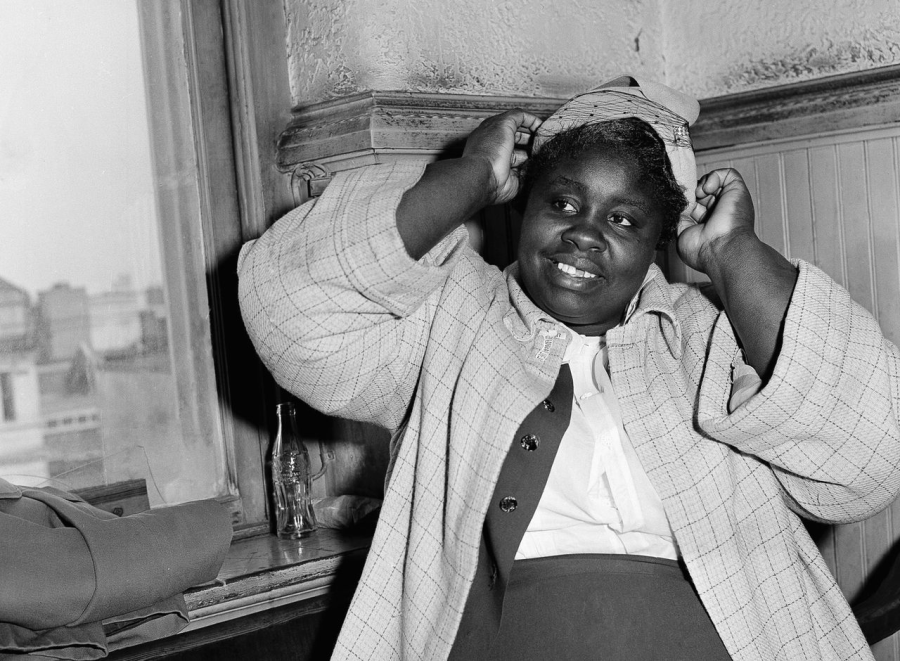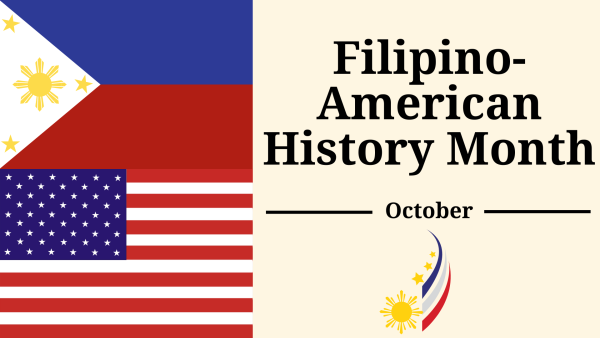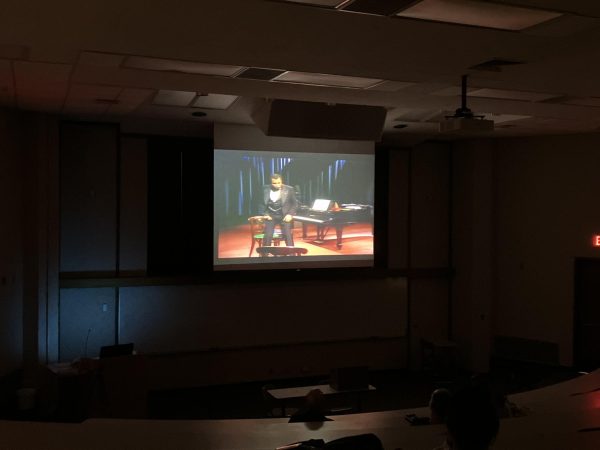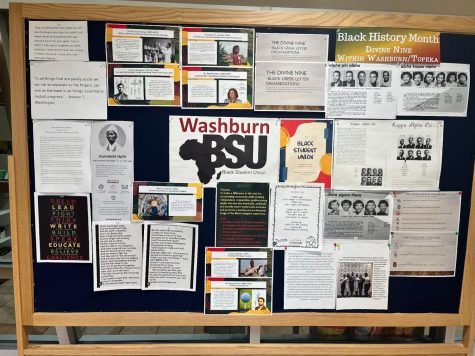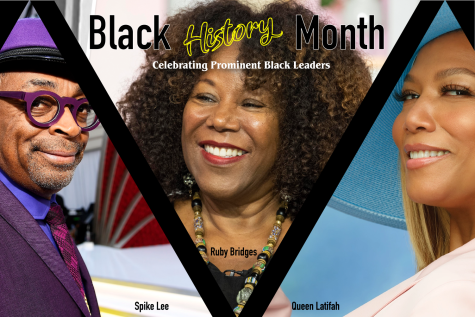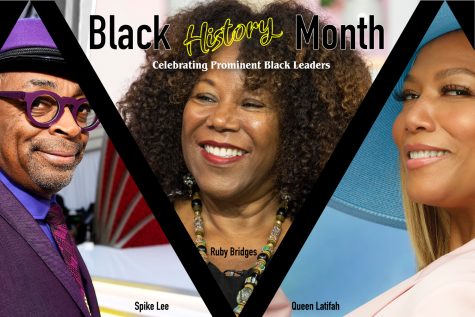Georgia Teresa Gilmore: The club that helped hold it all together
Georgia Gilmore poses after being a defense witness for the bus boycott trail. Gilmore’s first start up was funded by Martin Luther King Jr.
Georgia Teresa Gilmore was a civil rights hero whose name should be known. The role that Gilmore played towards acquiring her own and millions of other Americans rights was critical and needed. Here’s her story and the effects it has on my life today.
Gilmore was an only parent of four children when the day came that the bus system was boycotted. Before Rosa Parks set the spark of revolution, Gilmore had long forgone utilizing the bus. Much like Parks, Gilmore was forced off a bus. She would have to walk to job at a whites only establishment named “National Lunch Company” where she worked as the head cook, in downtown Montgomery, Alabama.
When the Montgomery Bus Boycott was established, Gilmore’s involvement was immediate and crucial in the support of such a complex movement. Gilmore, alongside several other women, sold desserts and home-cooked meals to Black and white people knowing or unknowing of the cause they support. Eventually, the group of talented cooks formed a club called “The Club from Nowhere” formerly named to dissuade the discovery of its intention and thus be shut down by whites.
The club found its customer base at beauty shops, laundries, cabstands, doctor’s offices, stores, churches and outside downtown cafeterias. Every cent earned through their hard work went straight into the Montgomery Bus Boycott, which relied on its carpool system. The movement needed gas and vehicle repairs to continue its service to the community.
The Club from Nowhere had two presidents, Gilmore of the East and Inez Ricks of the West. West was formerly known as The Friendly Club. Ricks formed their club around the same time The Club from Nowhere started.
When Gilmore started her club, it only gained its funds from the east side of Montgomery, Alabama. The two sides of the club would compete for who could raise the most money in a week and the east always won. Each Monday, the boycott hosted a mass meeting wherein Club from Nowhere would present an incredible monetary donation typically between $500 to $600. This would mean they donated $5,581.53 to $6,697.84 a week in today’s dollar. A subsequent, energetic, crowd wide praise would follow each time.
On Feb. 24, 1956, Gilmore and several other housewives, maids and laborers would testify for King and other boycott leaders who were arrested for unlawful conspiracy. According to the Encyclopedia of Alabama, these women would recount the injustices they suffered. Furthermore, Gilmore identified the bus driver who directed her to step off the bus and re-enter through the backdoor only to drive off without her.
National Cafe fired Gilmore for her testimony. This sparked a conversation between Gilmore and Martin Luther King Jr., leading to her opening an informal restaurant in her home. King had funded her start up.
Gilmore had all the intellectual tools she needed to successfully run her business. Her home sat in the center of a flourishing Black neighborhood called Centennial Hill. Gilmore served fried chicken, baked chicken, fried fish, meat stew, liver, collard greens, turnip greens, cream potatoes, beans, potato salad, candied yams, corn muffins and sweet potato pie.
In an interview with the University of St. Louis, Gilmore regarded King as a member of her family since he helped to provide her with the things she needed. Boycott leaders confided in Gilmore’s home as a place of safety, especially as tensions escalated during the Montgomery Bus Boycott.
The buses were finally desegregated in 1956 and Gilmore continued her in-home business.
I like to think that the civil rights movement would have been equally successful without the supreme coordination of the Montgomery Bus Boycott. However, I recognize that every part of the whole is necessary to surmise the whole.
The boycott’s success banked on the safety and security its members were able to attain through the incredible funding it received and Gilmore’s club was by far the largest monetary contributor. If people couldn’t get to work to support themselves or have spaces to eat, then coming together was a near impossible feat.
This doesn’t feel like history when I report it, as an entire generation who endured or perpetrated are alive and breathing to this day. These are our grandparents and great-grandparents that we talk about and hear about. I am very grateful for the position I am in today because the work our leaders have done in the past afforded me safety and opportunities today.
Edited: Alijah McCracken and LeSha’ Davis
Your donation will support the student journalists of Washburn University. Your contribution will allow us to purchase equipment and cover our annual website hosting costs.





